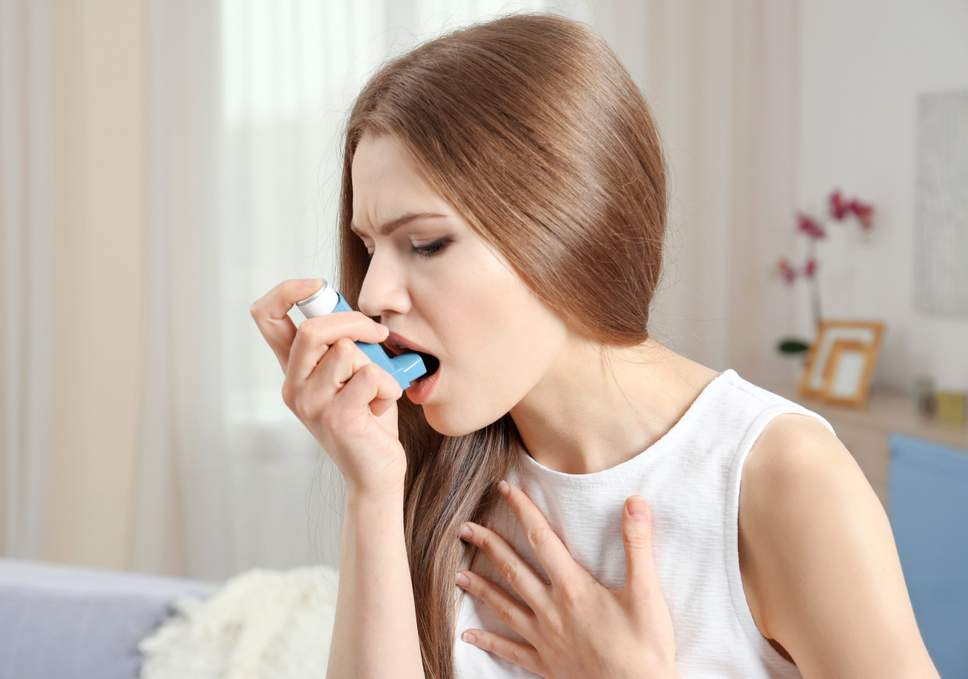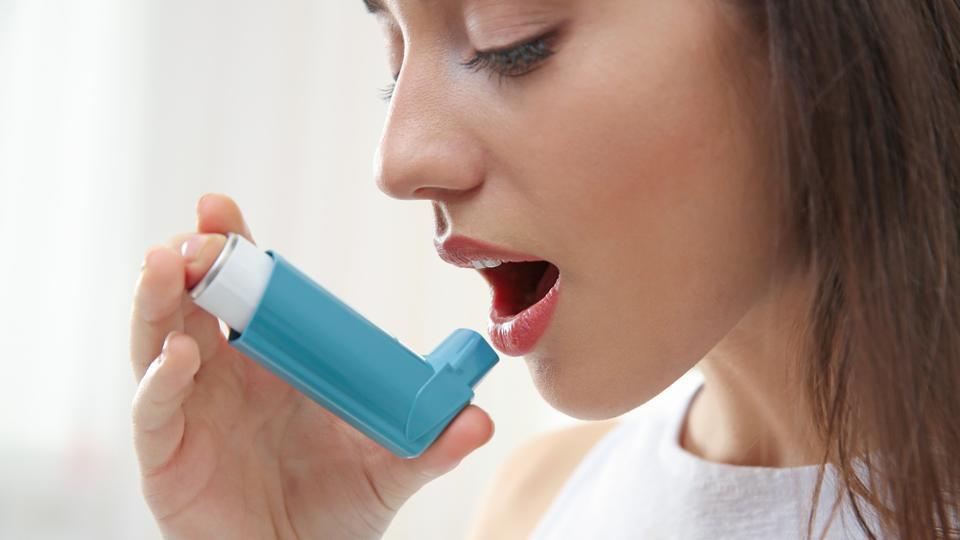 English
English

A new study has revealed that the higher circulating levels of the sex hormone regulator are causally linked to a lower risk of asthma-at least in women.

Washington DC: A new study has revealed that the higher circulating levels of the sex hormone regulator (SHBG) are causally linked to a lower risk of asthma-at least in women.
The study has been published in the journal -- Thorax. This is the first evidence showing that sex hormone levels may have a role in explaining the observed gender difference in asthma prevalence, said the researchers.
Also Read: Sexual satisfaction among older people about more than just health
But, as of now, it is unclear which sex hormone might be involved, they emphasised in a linked podcast. And further research is needed to unravel exactly how SHBG might exert its influence.

Earlier research suggests that during childhood boys are more likely to have asthma than girls, but during the teenage years and adulthood, the reverse is true.
It has been suggested that sex hormones might be implicated in this switch, because these fluctuate considerably during adolescence, while asthma symptoms worsen during the menstrual cycle.
Also Read: Male birth control pill passes human safety tests
The level of circulating SHBG is partly inherited. So the research team combined long term observational data with genetic data to look at the effects of sex hormones on asthma risk.
For the observational data, they used measurements of SHBG and total testosterone, taken every two years from 513 boys from the age of 9 to 17. Information on asthma symptoms was supplied by the boys' mothers when they were aged 10 and 13 and by the participants themselves at the ages of 16 and 22.
The researchers then pooled genetic data on asthma from participants in the UK Biobank and the Trans-National Asthma Genetics Consortium--more than 460,00 people combined-applying a statistical technique called Mendelian randomisation.

This allows researchers to rule out the influence of various factors that might otherwise make it harder to determine a possible cause.
The observational data indicated that higher levels of circulating testosterone in teen boys were weakly associated with lower asthma risk, but no strong links were evident for SHBG levels.
Also Read: Nerve stimulation may improve sexual response in women
The genetic data, however, indicated that higher levels of the SHBG were associated with around 14 per cent lower odds of asthma, although this effect was mostly seen in women.
"Although previous hypotheses have suggested an immunological/inflammatory effect of SHBG on asthma, (Mendelian randomisation) does not distinguish between which mechanistic pathways link the exposure to the outcome. Therefore, any indication of the SHBG's causality does not imply a biological or immunological effect of sex hormones," cautioned the researchers.

In a linked podcast, lead author Dr Ryan Arathimos, explained, "We found a protective effect of increased SHBG on asthma and observed that this was stronger in females.”
Also Read: Urinary incontinence may decline sexual drive
“But we couldn't distinguish whether the effect was sex-specific. So if the effects of the SHBG on asthma only exist in females, and our study design didn't permit us to say if the protective effects of the SHBG are in childhood, puberty, or adult life,” he added.
"We don't know exactly which hormone or combination of hormones, be it testosterone or oestrogen, is having the effect on asthma, so further work is definitely required to disentangle the pathways involved,” he said. (ANI)